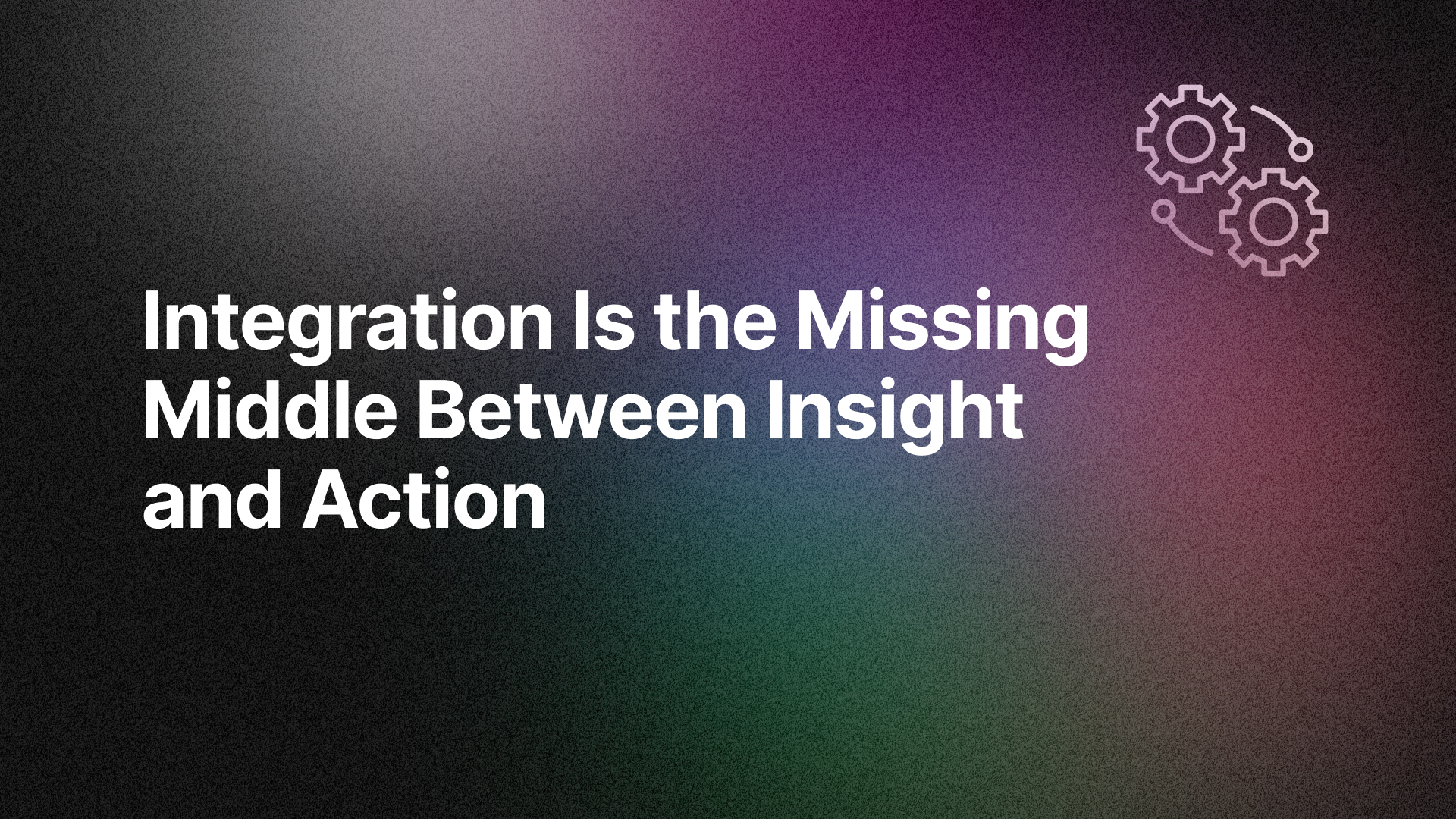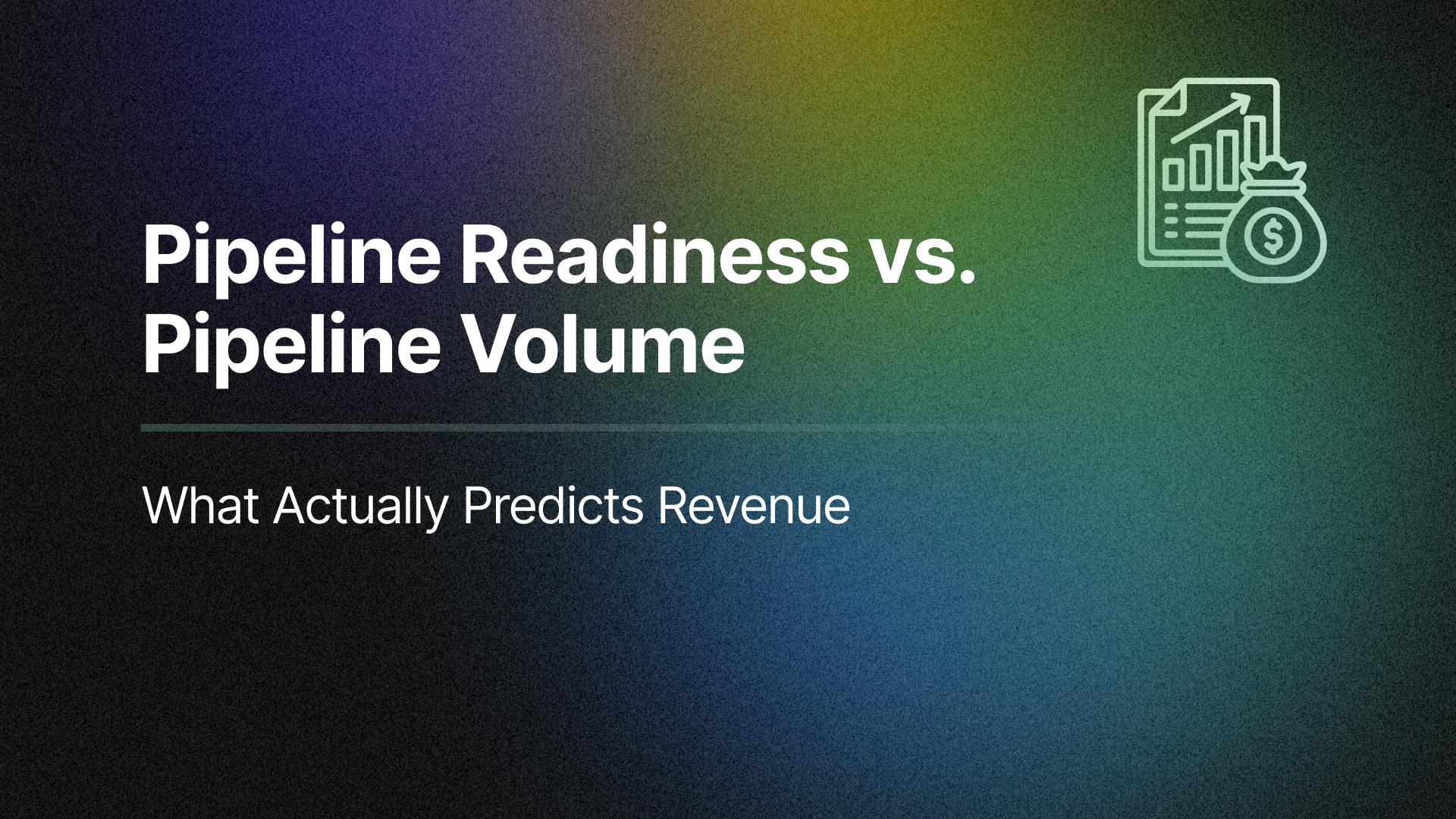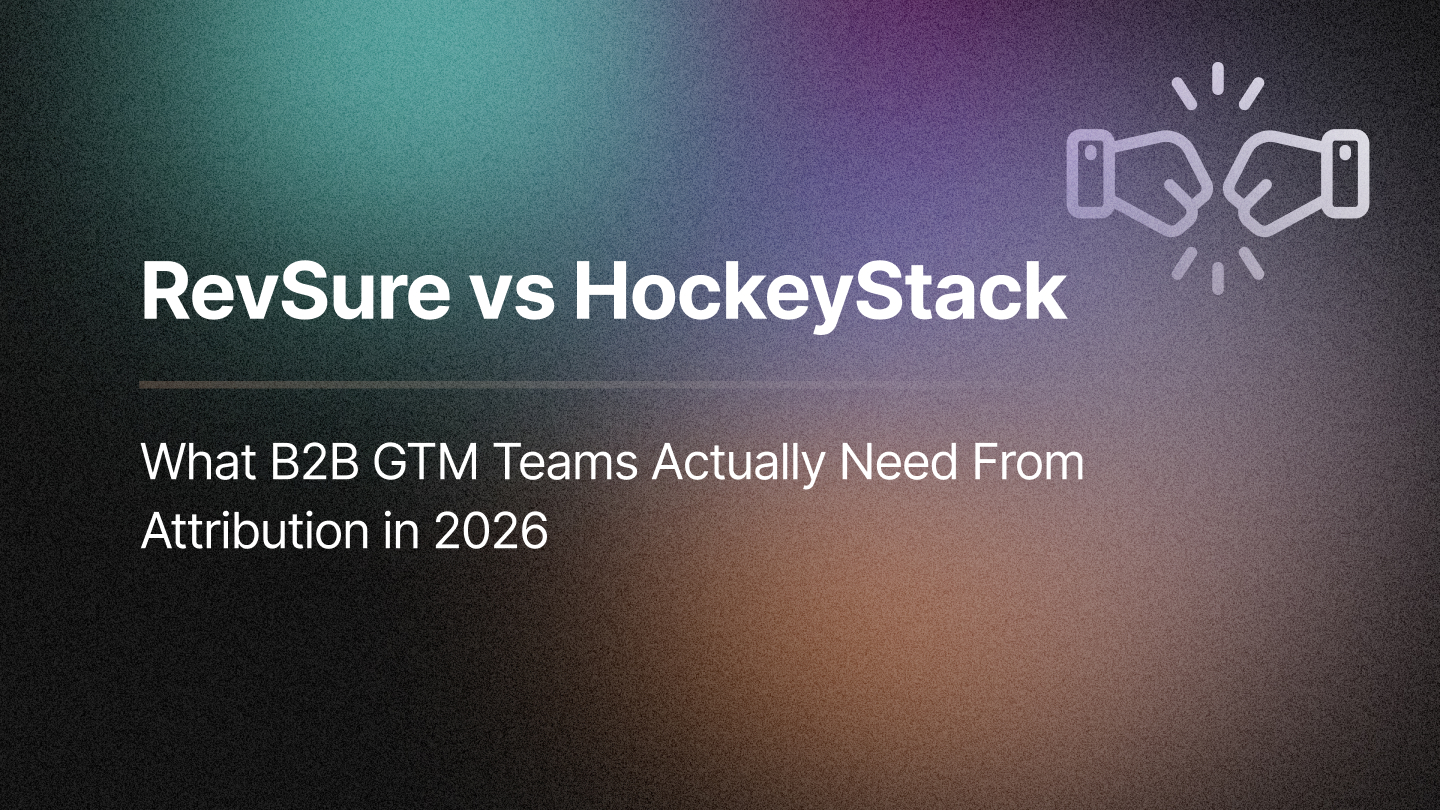In today’s B2B landscape, understanding the true impact of your marketing efforts can feel like navigating a maze. With multiple channels, numerous touchpoints, and complex buyer journeys, it’s unsurprising that many demand generation teams find attribution daunting. The misconception often lies in treating attribution as a plug-and-play tool—a quick fix in your tech stack—rather than a transformative process that reshapes how you measure and drive revenue.
What if attribution isn’t just another feature or a tool you purchase to add but a capability to build and strengthen over time?
Thinking Beyond the Dashboard
At its core, marketing attribution isn’t about connecting dots on a dashboard. Instead, it’s a shift in mindset that encourages you to see your efforts through a more holistic lens. Rather than merely crediting the first or last click, attribution helps you recognize every meaningful interaction that guides a prospect toward a decision.
This transformation mirrors building a new “muscle” within your organization that can flex in response to changing market dynamics, new channels, and evolving buyer behaviors. Research has shown that companies that embrace advanced attribution models often report higher returns, better alignment across the organization, and more precise insights into what truly works.
Start Small, Think Big
No sweeping transformation happens overnight. Effective attribution begins with tracking the essentials: the key channels, campaigns, and content pieces that consistently influence the pipeline. Over time, you refine and expand, incorporating more data and adding layers of insight. This approach ensures that attribution evolves from a simple measurement exercise into a foundation for decision-making supporting short-term wins and long-term strategies.
As a Harvard Business Review study highlights, organizations that treat data-driven changes as gradual evolutions tend to see more sustained success. Starting small reduces complexity and makes it easier for teams to embrace a new way of working.
Collaboration: The Fuel for Insight
Attribution is not a solitary pursuit. It thrives on collaboration between marketing, sales, and revenue operations (DevOps).
When everyone shares a unified understanding of what’s working—and why—decisions become more strategic and results more predictable.
This alignment helps break down departmental silos. According to the Aberdeen Group, companies with strong marketing and sales alignment achieve significantly higher growth rates. Attribution isn’t just for the marketing team’s benefit; it informs sales strategies, clarifies pipeline dynamics for RevOps, and ultimately benefits the entire organization.
Check out our webinar on RevOps and Marketing Collaboration, featuring Deepinder Singh Dhingra, founder and CEO of RevSure, and Rosalyn Santa Elena, Founder and CROO of The RevOps Collective.
Embracing the Journey
Attribution is not a one-time setup; it’s an ongoing journey. You’ll refine your models, experiment with different approaches, and learn from the insights they produce. Over time, these iterative improvements shape a culture that values data-driven thinking, adaptability, and informed risk-taking.
This cultural aspect is just as important as the technical one. The shift to more comprehensive attribution is changing how everyone thinks about success. Patience, consistent communication, and a willingness to learn from the data are all critical elements of this journey.
Turning Insights into Action
True attribution doesn’t simply measure impact—it amplifies it. By connecting the dots across marketing, sales, and RevOps initiatives, you create a cohesive narrative of how leads are generated, nurtured, and converted. With clearer visibility, teams can invest resources more wisely, tailor messaging to address real customer needs, and innovate confidently based on what the data reveals.
Platforms like RevSure can support this transformation. By harnessing AI-driven models to integrate and interpret data, they help organizations see beyond surface-level metrics. The goal is not to offer a one-size-fits-all solution but to empower teams to build their own attribution “muscle” that strengthens over time.
A Future Fueled by Smarter Data
As the market evolves and buyer behavior shifts, the ability to measure what truly moves the needle will only become more valuable. Attribution, approached as a transformation rather than an application, equips you with the insights to adapt, adjust, and thrive.
This journey—though sometimes challenging—is well worth taking. As you refine your attribution capabilities, you’re not just uncovering what works but also creating a culture that values data, collaboration, and continuous improvement. Over time, attribution becomes second nature, empowering your organization to make informed decisions that resonate across every department and every customer interaction.
Related Blogs








